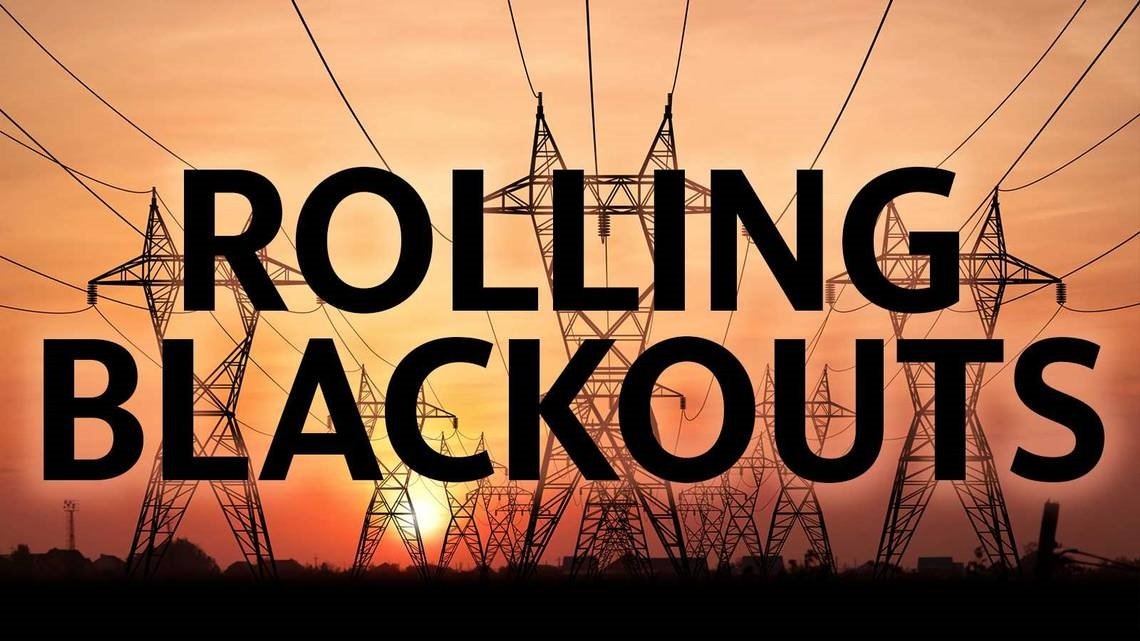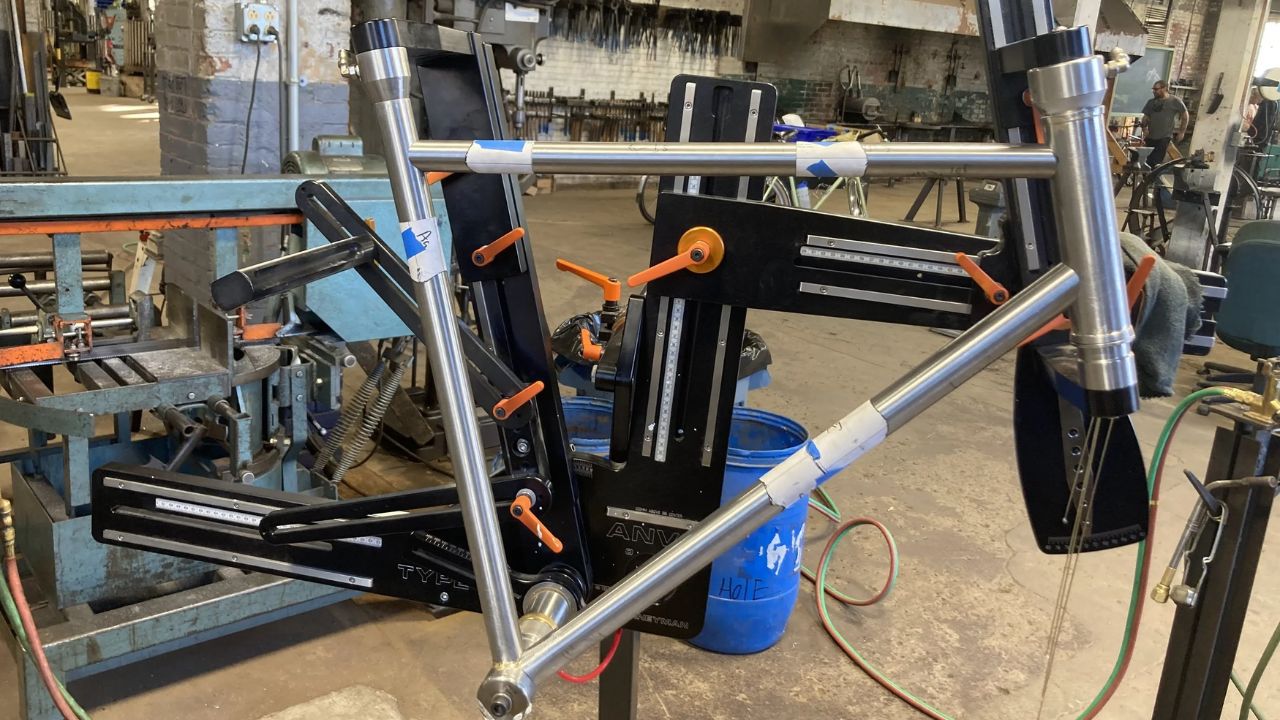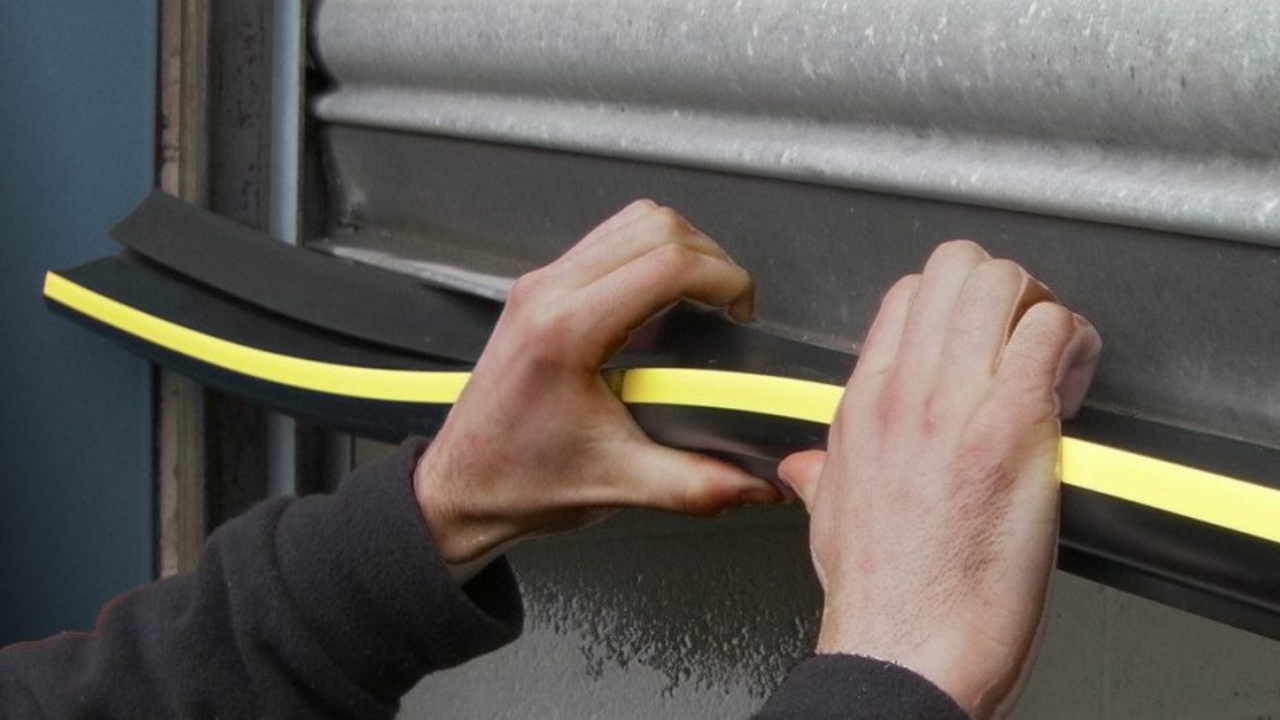
Mitigating Rolling Blackouts: Renewables, Batteries, Smart Grids
A rolling blackout is a planned power outage that utility companies use to lighten the load on the electrical grid when there is a spike in demand. The intention is to avoid a total system overload that could lead to a widespread power outage that could seriously harm infrastructure and electrical equipment. Rolling blackouts are frequently implemented when the electrical grid is under stress or during extreme heat or cold periods. To know more about what is a rolling blackout, you can click on this link.
The Impact of Rolling Blackouts
Rolling blackouts may have a negative impact on the economy, society, and the environment. Businesses may be forced to shut down when the power goes out, resulting in lost productivity and income. Hospitals and other vital infrastructure could also be impacted, which could endanger lives. Rolling blackouts can also cause an increase in air pollution because power is frequently provided during these situations by backup generators and other equipment.
How Technology is Helping to Mitigate the Impact of Rolling Blackouts
Thankfully, technological advancements are making it simpler to lessen the effects of rolling blackouts. Here are a few ways that technology is addressing this problem:
Renewable Energy Sources
Maintaining a steady electricity supply while lowering demand is one of the biggest difficulties associated with rolling blackouts. Renewable energy sources like solar and wind power are becoming increasingly crucial to address this issue. Solar power is becoming more accessible and affordable, making it an attractive option for many residences and businesses.
Homes and businesses can lessen their reliance on the electrical grid and possibly avoid the effects of rolling blackouts by using solar panels to generate power. Additionally, lowering overall grid demand enables utilities to balance supply and demand during peak hours better.
Battery Storage
Battery storage is a crucial piece of technology that is assisting in reducing the effects of rolling blackouts. Batteries can store excess energy produced by renewable sources like solar energy and then release it when needed to supplement the electrical grid during high demand.
Utility companies can use battery storage to reduce the need for backup generators and other potentially expensive and polluting equipment. Additionally, by lowering the cost of energy, consumers may find it more affordable.
Smart Grids
Another technology that is assisting in addressing the issue of rolling blackouts is smart grids. These cutting-edge electrical grids monitor energy consumption and demand in real-time using sensors and other technology, enabling utilities to balance supply and demand better.
By identifying inefficient energy use and offering suggestions for reducing consumption, smart grids can also help to reduce energy waste. This can aid in lowering the grid’s overall demand and simplify controlling supply during times of high demand.
Conclusion
Although rolling blackouts can significantly negatively impact the economy, society, and environment, technology is assisting in reducing these effects. Utilities can better balance supply and demand during high demand by utilizing renewable energy sources, battery storage, and smart grids. By doing so, the possibility of widespread power outages can be decreased, and it will be possible to maintain the functionality of vital infrastructure even when faced with adverse weather conditions or other difficulties. We can anticipate even more ground-breaking solutions that will contribute to developing a more robust and sustainable energy system as technology advances.


